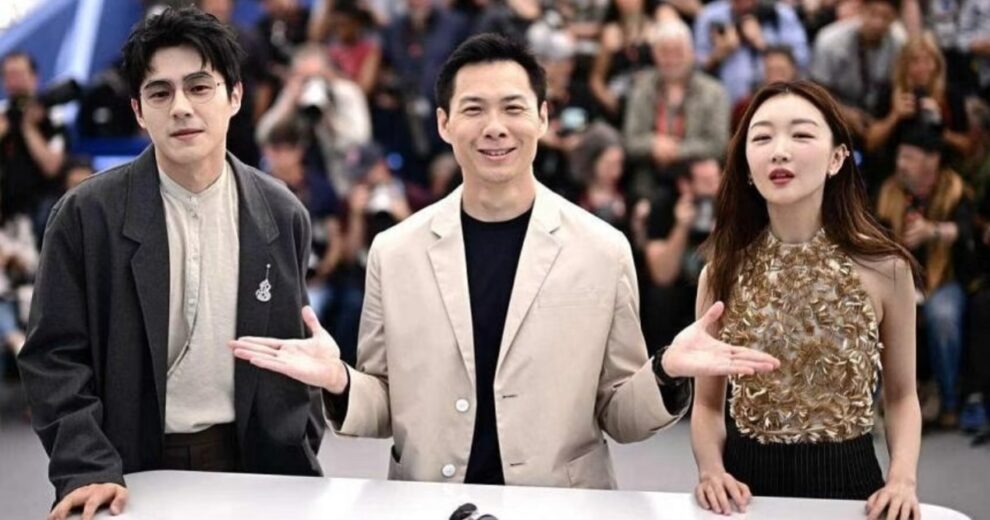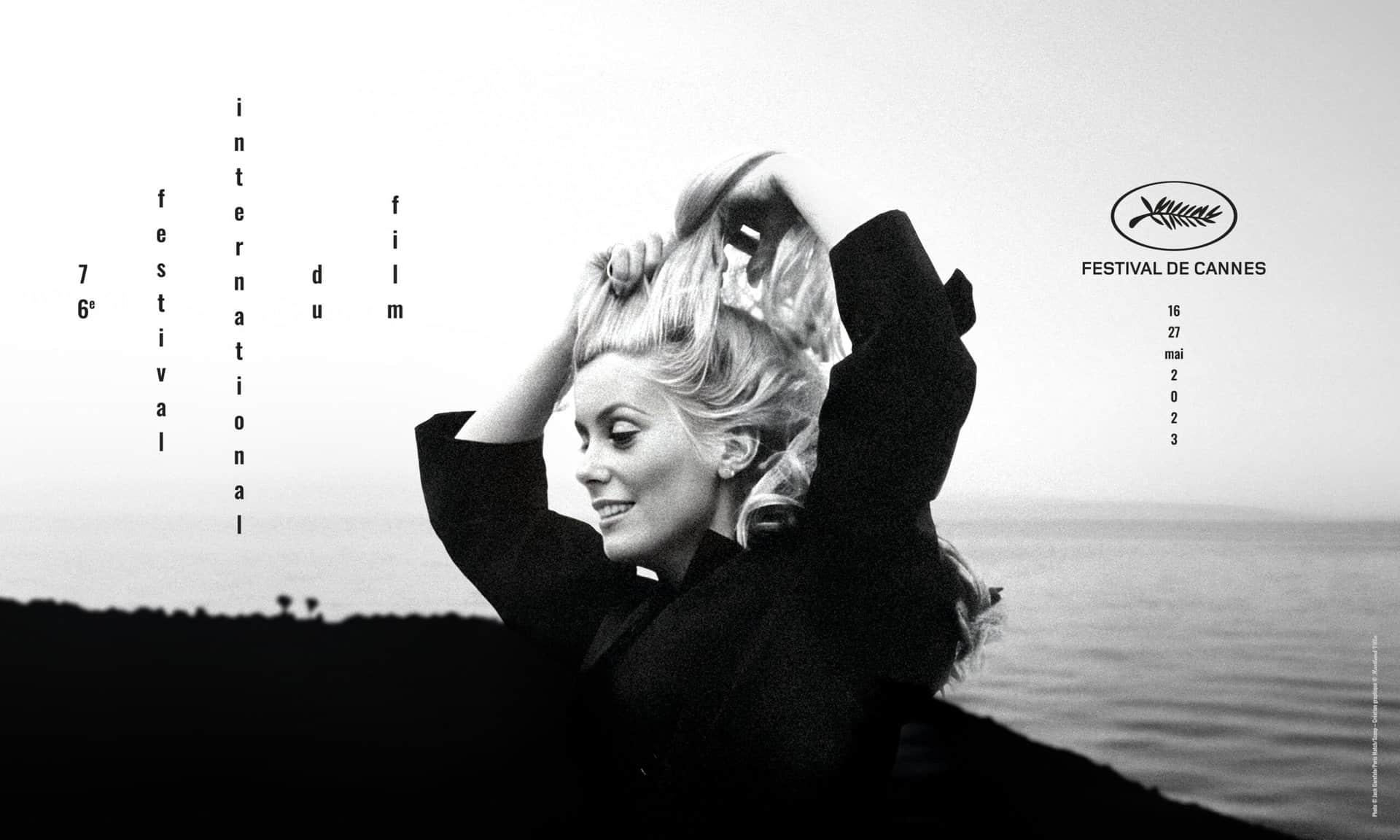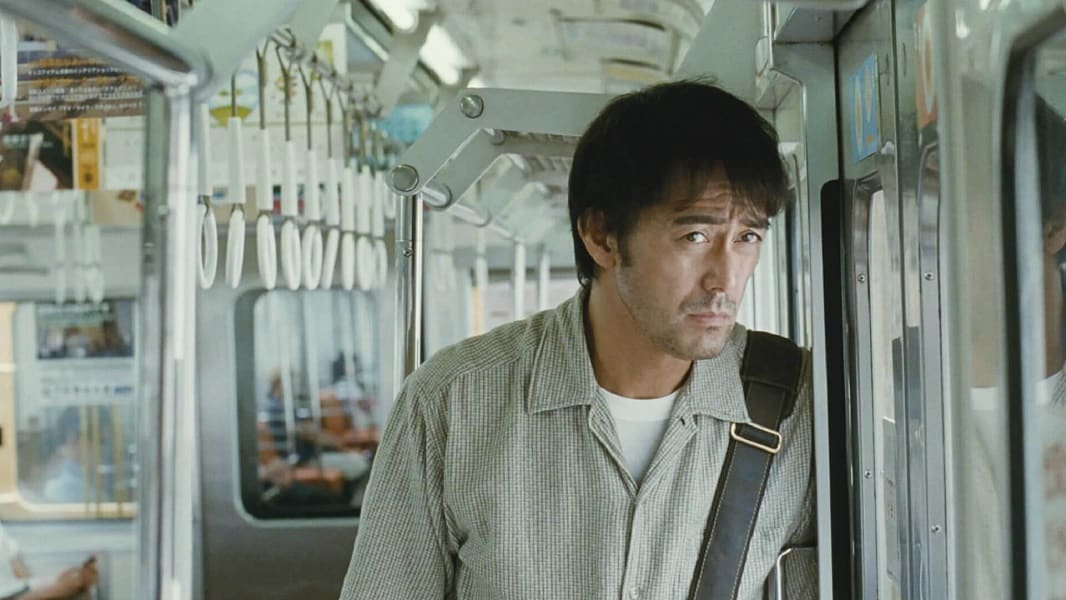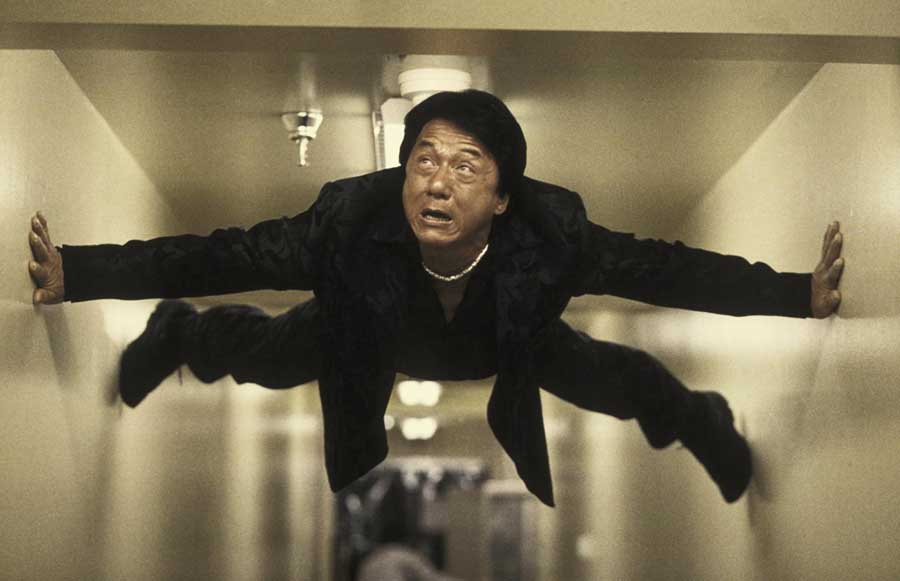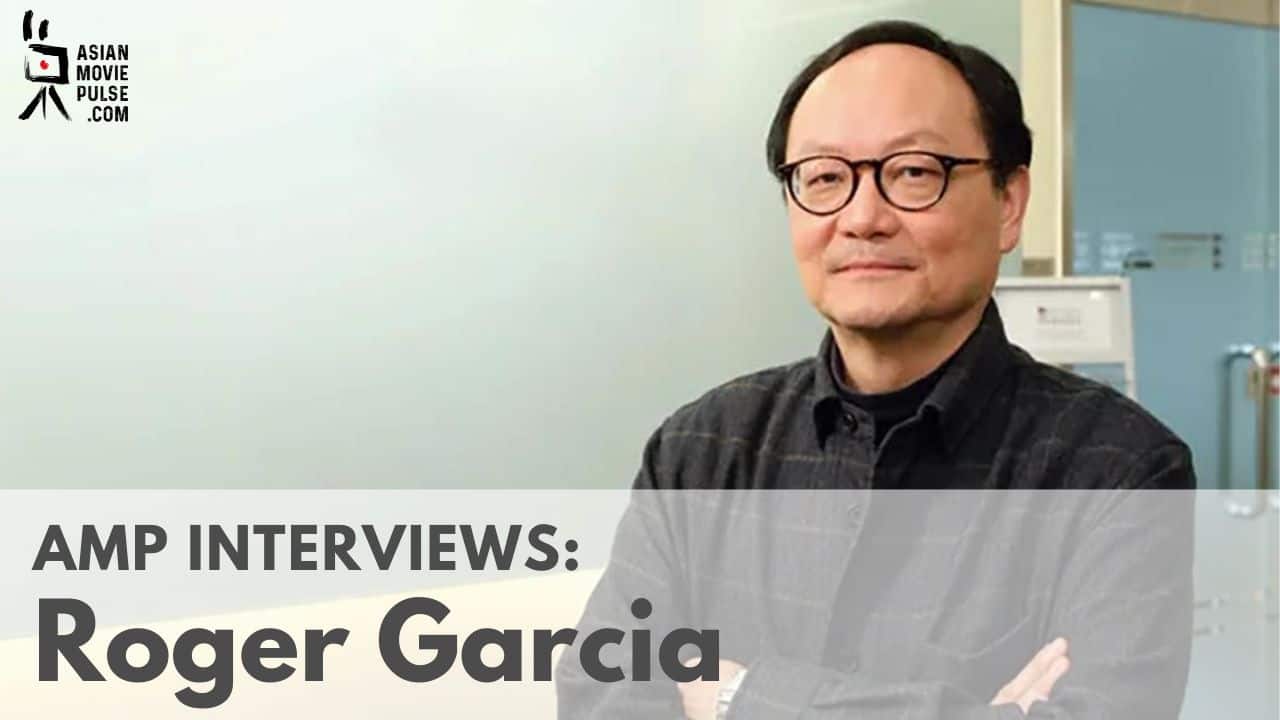By Khushi Jain
Anthony Chen's “The Breaking Ice” is a story of icy personal histories and hearts waiting to be melted. The film premiered at the 2023 Cannes Film Festival in the Un Certain Regard section.
Three people, Nana (Zhou Dongyu), Xiao (Qu Chuxiao) and Haofeng (Liu Haoran) come together in the frozen landscapes of Yanji, a small town on China's North Korean border, and form such emotional, psychological, physical and existential bonds that their lives are completely changed forever. Khushi Jain met Anthony and Dongyu on Monday, May 22, a day after the premiere, to talk about the film.
The Breaking Ice is screening at Cannes
The film opens with a very beautiful and sombre sequence of cutting ice, and there is ice skating and chewing ice, and the title itself is quite icy. Where does this attraction to ice come from?
Anthony: This was a very interesting project because I wasn't intending to make a film. There was another project that I was working on which had moved dates and stopped shooting because of actors' unavailability from summer to spring. All of a sudden, I had six months on my hands. I had been sitting at home for two years during the pandemic, desperate to make a film, so I decided that I am going to just make one. I called up my Chinese producing friend and partner and told him about it. We needed to finish filming before January 11, and the latest that we could start was December. And we said ‘okay that's winter, so let's make a winter film. And if we're making a winter film, let's make a proper winter film and go to the coldest place in China.'
Most filmmakers, when they think about winters, they first think of snow, and I feel like snow has been romanticised enough in films. What I thought of was ice and before I even wrote a single word of the script, I was thinking about how it only takes a few hours in the freezer for water to solidify into ice. And if you put it outside on the table, a bit of heat and sunshine, and it melts right back. It is such a transient process. I wanted to capture the relationship of these three people in that way; how they meet up on a weekend and spend only a few days together and form such deep and complex bonds. But they are not there forever. At some point, these people are going to go back to their lives, they're going to separate. But the emotions they experienced and memories they created would have helped shape each other. The whole idea of ice had just been spinning in my head for a long time.
You [Anthony] got the actors together before you had the script. The dynamic between the three of them is quite complicated. How did that come about? And how did you [Dongyu] develop that?
Dongyu: Haofeng and Nana are both from a big city, just like Haoran and I. There was a natural bond between us when we first met. But Chu, like the character he plays, is from a small town. While Haofeng and Nana have seen the outside world and know what is going on there, Xiao can only imagine things.
Anthony: The development of this dynamic is quite interesting because since I really knew who I had casted and had such a short time to make this film (I completed the script ten days before we started shooting), I was writing to the strengths of my actors. Their characters come from where they themselves come from. When Nana talked to her mother on the phone, Zhou was speaking in her own native accent. Even the whole idea of figure skating and having a career in sport comes from the fact that Zhou trained in gymnastics when she was much younger. I wasn't trying to shape the characters in the exact images of my actors but I think I was taking bits of them.
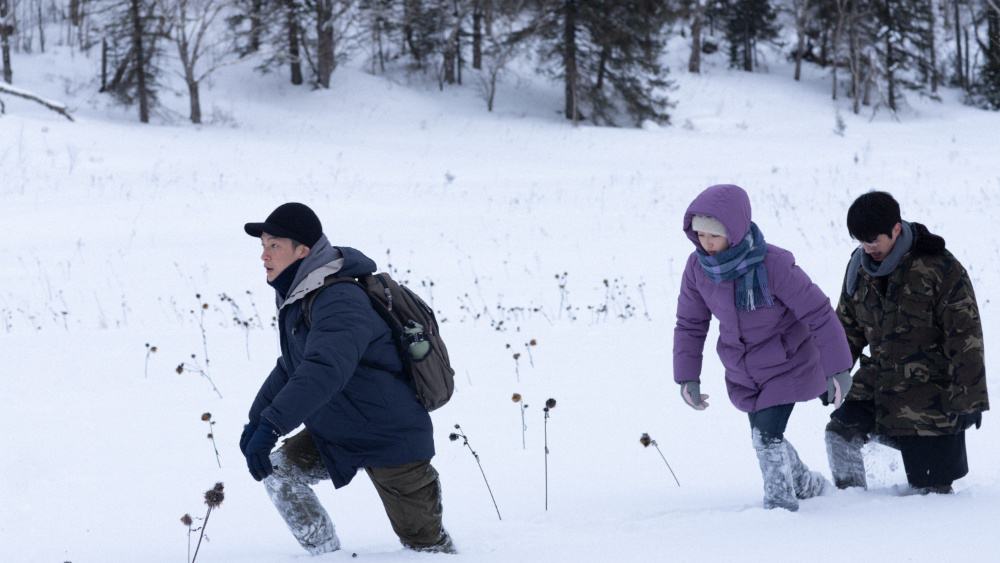
Can you tell me about Xiao finally leaving Yanji? He has been desiring Nana all this while but he leaves right when she kisses him.
Anthony: Life is like that. It is quite bittersweet. Obviously as a character she knows for a long time that he likes her but it's just not her thing. But there is love. I think there is love between all of them and I was trying to capture this ambiguity of being at that age. I feel like a lot of times it is not even romantic. Sometimes it can extend beyond friendship. I think they're very very complex, the sort of bonds that they share together.
Check also this interview with Anthony Chen
Let's talk about the ending. There is movement in the ending, which I really appreciated. All three characters move towards something, something old and something new. It's unlikely that they will ever meet again. It's a very short but crucial time that they've spent together. Can you elaborate on that?
Anthony: The ending, yeah. I'm quite an optimistic person. I feel like there is always hope and light in my films. I can't see myself dealing with the darkest material and leaving no light at the end of the tunnel, no hope. I am always hoping that my characters will take the first step. They won't be healed overnight but it is quite important that they take that first step towards something positive. And you can see this in all my films. I can't imagine ending on something just really, really depressing.
The ending also fulfils your ice metaphor. In a way they have all been stuck – frozen – somewhere and when they start moving, they introduce a fluidity.
Anthony: Yeah. And I think you're right to say that they'll never meet again. They have left a bit of themselves in each other. And there are people like that that you meet in life. There are people at film festivals that I have met once, had two-hour long conversations with them about all sorts of stuff, and then never met them again. But you know that that person has left a bit of them in you and you've left a bit of yourself in them. And that just stays with you.


